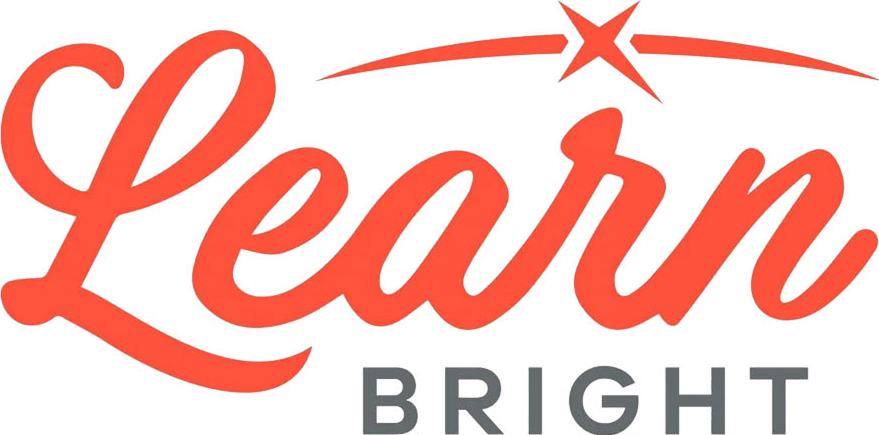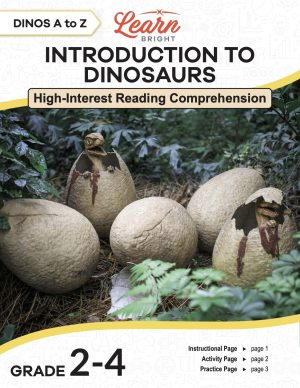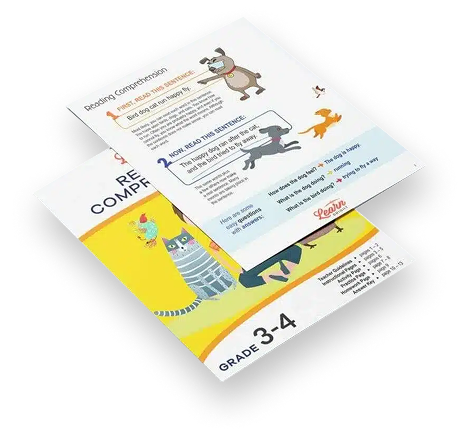Description
What our Perimeter: Advanced lesson plan includes
Lesson Objectives and Overview: Perimeter: Advanced explores the perimeter in various hands-on and creative ways. At the end of this lesson, students will be able to calculate and apply concepts of the perimeter to objects. Students will also understand that perimeter is how we measure the outside dimensions of shapes with angles. This lesson is for students in 1st grade and 2nd grade.
Classroom Procedure
Every lesson plan provides you with a classroom procedure page that outlines a step-by-step guide to follow. You do not have to follow the guide exactly. The guide helps you organize the lesson and details when to hand out worksheets. It also lists information in the blue box that you might find useful. You will find the lesson objectives, state standards, and number of class sessions the lesson should take to complete in this area. In addition, it describes the supplies you will need as well as what and how you need to prepare beforehand.
Options for Lesson
Included with this lesson is an “Options for Lesson” section that lists a number of suggestions for activities to add to the lesson or substitutions for the ones already in the lesson. One optional adjustment to the lesson activity is to have your students use sticky notes or draw their portraits on graph paper using colored pencils to calculate the perimeter instead of cutting out 1-inch squares. An optional adjustment to the practice worksheet is to use Starburst candy instead of Cheese-Its. Finally, if you have floor tiles, you can grid off shapes with tape and have your students walk around calculating the perimeter of the figures.
Teacher Notes
The teacher notes page includes a paragraph with additional guidelines and things to think about as you begin to plan your lesson. This page also includes lines that you can use to add your own notes as you’re preparing for this lesson.
PERIMETER: ADVANCED LESSON PLAN CONTENT PAGES
Perimeter
The Perimeter: Advanced lesson plan includes one content page. Perimeter is the distance, or length, around a shape. Peri- means around and meter means to measure. Therefore, perimeter is the measurement around a shape. If you walked all the way around a rectangle, you would have walked the perimeter of that rectangle.
To find the perimeter of a shape, you first need to measure the length of each side. Next, you add the lengths of each of the sides together. This sum is the perimeter of that shape.
For example, if you had a rectangle where two sides are 7 and the other two sides are 3, you add those lengths together to find the perimeter: 7 + 7 + 3 + 3 = 20. The perimeter of the rectangle is 20 units.
You can find the perimeter of other shapes using the same method. The number of sides doesn’t matter!
PERIMETER: ADVANCED LESSON PLAN WORKSHEETS
The Perimeter: Advanced lesson plan includes three worksheets: an activity worksheet, a practice worksheet, and a homework assignment. You can refer to the guide on the classroom procedure page to determine when to hand out each worksheet.
SELF-PORTRAIT ACTIVITY WORKSHEET
For the activity worksheet, students will use 1-inch by 1-inch color construction paper squares or sticky notes to create a portrait of themselves on a large sheet of paper. They will then find the perimeter of their self-portrait by counting around the outside edge or using a ruler.
RECTANGLES AND SQUARES PRACTICE WORKSHEET
The practice worksheet asks students to use Cheese-Its to make rectangles and squares. They will then find the perimeter of each.
PERIMETER HOMEWORK ASSIGNMENT
For the homework assignment, students will write their name or initials on the grid printed on the worksheet as big as they can. They will then calculate the perimeter of each of letter by counting the blocks.
Worksheet Answer Keys
This lesson plan includes answer keys for the practice worksheet and the homework assignment. If you choose to administer the lesson pages to your students via PDF, you will need to save a new file that omits these pages. Otherwise, you can simply print out the applicable pages and keep these as reference for yourself when grading assignments.









